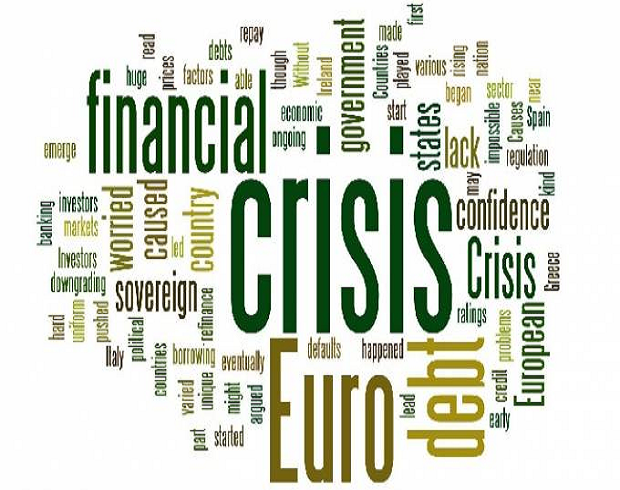Earlier this year, my 18 year old daughter received a phone call from a stranger claiming he was calling from Safaricom customer care. He spoke authoritatively but quite rudely, demanding for her Mpesa pin number and other personal details. Being quite fresh out of the school conditioning mental mindset of respect for authority, the young lass fell for the rogue’s demands. Well, he wasn’t quite so successful in his shenanigans as he found the princely sum of Kes 17.40 in her mpesa account and, by good fortune, she had not signed up for the mobile loan program Mshwari and Fuliza of which he also demanded to know what her limits were. She was shaken to the core but managed to get a very understanding genuine Safaricom Care representative who helped her block her account and put in the necessary digital guard rails shortly thereafter. The rogue slithered off to make other calls to her more discerning close relatives whose numbers he, by some dint of nothing other than black magic, had managed to get from her favorites contact list.
I was moved to recall this story after receiving a fairly informative newsletter from Anjarwalla & Khanna Advocates, updating clients regarding a landmark ruling against the banking industry that has been given by the Court of Appeal in the United Kingdom. The newsletter highlights the case between Fiona Lorraine Phillipp versus Barclays Bank UK PLC. Fiona and her husband fell victim to a fraud in March 2018, transferring their life savings amounting to GBP 700,000, (approximately Kes 105 million) that were held in Barclays Bank, into a foreign account held in the United Arab Emirates (UAE). This was despite a police officer warning Fiona about the potential for fraud but she thought, based on what the fraudster had communicated to her, that she was moving the funds into safety to protect them from fraud.
After the funds went into that inglorious sinkhole that is known as “Lord help me what the **** have I done?”, Fiona brought a claim against Barclays Bank for breach of its duty of care in effecting the transfer of funds. Her argument was that there were various features of the payment she made, as well as of her situation, that should have alerted an ordinary prudent bank acting with reasonable skill and care to a possibility of fraudulent activity. The bank should have delayed the transfers and investigated the matter before effecting the transfer. I will save you the legalese behind this argument and fast forward to the fact that the High Court agreed with the bank’s position that it did not owe a duty of care. The bank argued that Fiona and her husband had been so thoroughly deceived that they were lying to the bank about the purpose of the transfers and that even if the bank had exercised reasonable care, she would still have issued instructions for the transfer.
In other words, this couple were beyond redemption “na shauri yao”! Fiona went to the Court of Appeal, who agreed with her position that an earlier legal precedent called the “Quincecare Duty” applied. The bank had argued that the Quincecare duty was limited to cases in which there is a fraud by an agent acting for the customer as that meant that there was no authorization by the customer for the transfer. Since Fiona had herself authorized the transfer, the duty did not apply. The Court of Appeal disagreed with the lower court, extending the application of the Quincecare duty to find that a relevant duty of care could arise in the case of a customer instructing their bank to make a payment when that customer is the victim of the kind of fraud Fiona had undergone.
Should banks in Kenya be worried? Yes, as our legal writers opine that our courts have used UK precedents as “persuasive authority” in Kenyan cases. This makes for a more expensive risk framework for ensuring an even higher transaction monitoring of large value based payments. Furthermore, the Kenyan banking customer needs to be much more amenable to those “annoying calls” from the bank following up to validate of a banking transaction. Your signature on the origination documents is simply not enough. Particularly now that the above mentioned case established that despite receipt of a warning sign from the police, the court still found in her favor. But as bank customers are getting requisite judicial protection, the next battlefront for protection that should give our regulators serious thought is the nefarious group of mobile money transfer fraudsters. That will indeed be a tough nut to crack.
Twitter: @carolmusyoka

 carolmusyoka consultancy
carolmusyoka consultancy
 @carolmusyoka
@carolmusyoka



